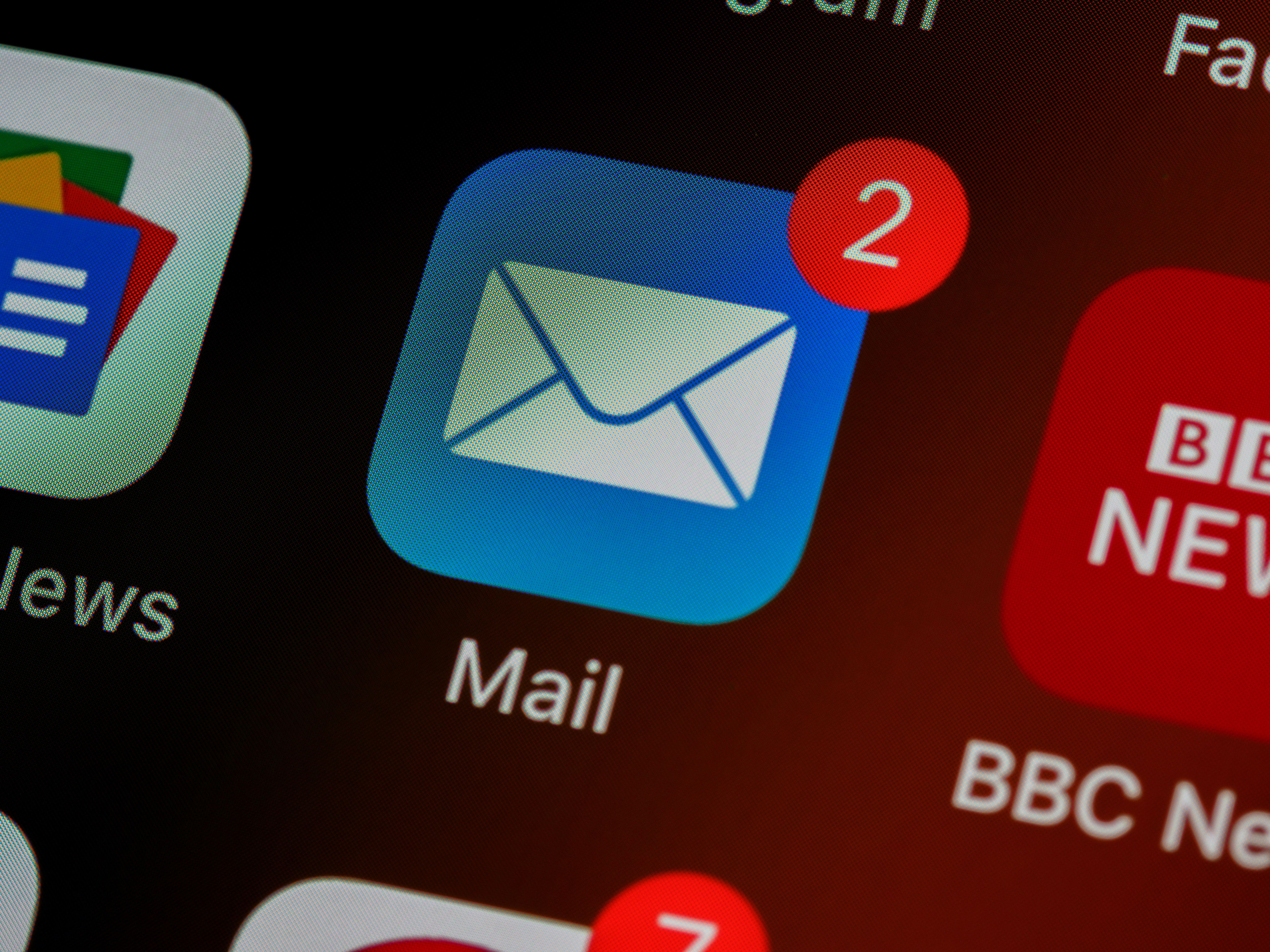
If Your Time is Short
Malicious emails are on the rise. In fact, the Covid pandemic saw phishing emails increase by as much as 220%!
Here is the quick and dirty on key indicators the email may be malicious:
- The Email Demands That You Act Quickly
- There are Inconsistencies in Their Domain Name Compared to Internal Links and Email Addresses
- What the Email Promises Seems Too Good to be True
- The Email is Requesting that You Provide Sensitive Data Such as Payment Information
- The Email is Poorly Written
The Deep Dive
1. The Email Demands That You Act Quickly
There is a reason that Baron implements a crawl, walk, run strategy in business. When we get in a hurry, we make mistakes, and those mistakes can be costly. Scammers know that. This is why often they will make it seem like you need to respond urgently to the email.
The less time you have to think about what is happening, the more likely their scam will work. There are few, if any organizations that will reach out to you via email for an emergency situation. If the email uses red flag phrasing like, “act now”, or “hurry”, or threatens some legal and/or financial recourse if you don’t, more than likely it is a scam.
2. There are Inconsistencies in Their Domain Names, Internal Links, and Email Addresses
Most legitimate companies will have an email address associated with their company name. Only very small organizations will have for example, a gmail.com tail. While it is not impossible that a company with a gmail.com email tail will reach out to you, consider it a warning sign.
This could become even more concerning if the internal links provided in the email do not match with the domain name of the company’s website. You can be sure that no self-respecting company would do that. So always be sure to “measure twice” as they say, before you cut into an email.
3. What the Email Promises Seems Too Good to Be True
A Nigerian Prince wants to wire you a small fortune because you decoded their email haiku? While it may seem obvious the former is a scam, there are plenty of emails out there structured to seem like a legitimate answer to your problems.
The thing is, scammers often get to know their industries and niche as well as real businesses. As such, they know where to hit you where it hurts. Scammers often know what people in your industry and demographic desperately need. Scammers prey upon desperation, so always dot your I’s and cross your T’s. If working with the company emailing you solves all of your problems at no cost to you, it’s likely a scam.
4. The Email is Requesting That You Provide Sensitive Data Such as Payment Information
While it may seem like no one is foolish enough to give out banking information to unknown sources, paying online is a reality of doing business today. The key is discernment. You have to do the proper due diligence when working with any company. It is standard procedure for many companies to ask for a voided check for example.
The key is to check things such as Google reviews, whether they have a strong web and brick and mortar presence, and whether they have certain certifications such as with the BBB. It is also a good idea to call the company. Ask to speak to their higher ups, get a feel for their chain of command and structure. Red flags will usually pop up throughout this process if it is a fraudulent company.
5. The Email is Poorly Written
Many scams tend to come from impoverished communities. As such, scams often contain poor grammar and odd syntax. Having a firm grasp of language becomes very helpful for spotting mistakes that can be an indicator of a phishing scam.
If you are having trouble making sense of the verbiage chosen, it’s a pretty good indication that something is not kosher.
Conclusion
While it is not always possible to avoid phishing emails, being diligent can be the difference between life and death for a small business.
Owners know that time is their most precious resource, so having a guide to weed out bad actors is just good practice. The price of freedom is perpetual vigilance.

